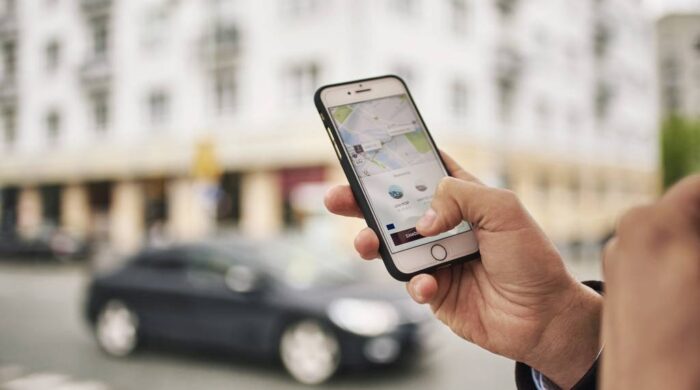
Uber recently celebrated 6 years of operations in Bangladesh by announcing it has completed a billion kilometers in trips. To put things in perspective that’s enough kilometers to circumvent the Earth over 40,000 times. That’s enough kilometers to get to the Moon and back over 1,290 times.
The journey, which opened the country to app-based ridesharing, has taken Uber into as many as 20 cities in Bangladesh, helping millions of riders go wherever they need to.
Ever since its launch of operations, Uber has time and time again reinforced its commitment to safeguard each trip, and towards helping law enforcement agencies improve overall road safety.
Taking the commitment one step further, in partnership with Bangladesh Police, Uber today announced an initiative to train driver partners with the aim to raise awareness about traffic rules and regulations. The first round of training will be conducted by two officials from the Bangladesh police and a representative from Uber, where drivers would be educated about road safety, traffic rules and regulations, trip cancellations, offline trips, and cash cherry-picking.
Commenting on the 6-year milestone, Ali Armanur Rahman, Head of Bangladesh & East India, Uber, said, “We are thrilled and proud to have completed our 6th year of operations in Bangladesh. We are privileged to witness how the platform’s technology is empowering our youth, providing earning opportunities, and solving mobility challenges across the country. We want to take this opportunity to thank our community of riders and driver partners for their extraordinary support and loyalty.”
A recent survey by UK-based research firm Public First showed that 95% of the riders in Bangladesh said comfort was an important reason for choosing to use Uber. As per Bangladeshi riders, ridesharing is the most significant transport innovation they have experienced in the last decade. In 2021 alone, Uber contributed an estimated BDT 45 billion to the Bangladesh economy. This included both the impact of earnings of driver partners facilitated by Uber, and the wider indirect and induced multiplier effect created throughout the company’s wider supply chain.
As a pioneer in the ridesharing industry in Bangladesh, Uber was the first to introduce several critical safety features on the platform, such as integrating Emergency Contact 999 in the app, introducing a feature to share trips and locations with family and friends, setting up a dedicated safety hotline, and even proactively rolling out COVID protocols for riders and driver partners during the pandemic.